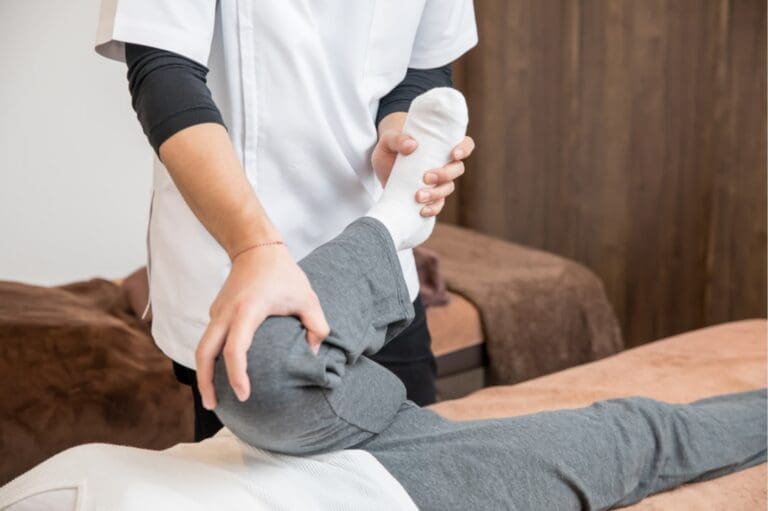As a personal trainer in San Mateo, I often emphasize the importance of proper nutrition and regular exercise for achieving fitness goals. However, there is one aspect of health and fitness that is often overlooked: sleep. Sleep plays a crucial role in both fitness and recovery, and it’s essential to prioritize it in order to see results.
First, let’s talk about the importance of sleep for fitness. Adequate sleep is essential for optimal physical performance. Studies have shown that sleep deprivation can lead to decreased strength, endurance, and reaction time. Additionally, when you don’t get enough sleep, you’re more likely to experience muscle soreness, which can impede your ability to work out.
A study published in the Journal of Sleep Research found that sleep-deprived individuals had a decrease in muscle strength and endurance. Another study published in the Journal of Sports Medicine and Physical Fitness found that sleep-deprived individuals had a decrease in reaction time, balance, and coordination. These findings suggest that getting adequate sleep is essential for optimal physical performance and achieving fitness goals.
In addition to impacting physical performance, sleep also plays a crucial role in recovery. When we sleep, our body goes into a state of repair and regeneration. During this time, our muscles repair the damage caused by exercise, our cells repair DNA, and our immune system becomes stronger. Without adequate sleep, our body is not able to repair and regenerate effectively, leading to delayed recovery and an increased risk of injury.
A study published in the Journal of Applied Physiology found that individuals who slept for less than 6 hours per night had a decrease in muscle protein synthesis, which is essential for muscle repair and growth. Another study published in the Journal of Sleep Research found that individuals who slept for less than 7 hours per night had a decrease in immune function, which can increase the risk of infection and illness.
Furthermore, Sleep also plays a vital role in mental health, it can impact our mood, memory, and cognitive function. A lack of sleep can lead to decreased productivity and cognitive impairment, making it harder to focus and learn new information. It can also lead to an increase in stress levels, anxiety, and depression.
In order to get the most out of your fitness routine, it’s essential to prioritize sleep. Aim for 7-9 hours of sleep per night, and make sure to establish a consistent sleep schedule. Avoid caffeine and electronics in the hours leading up to bedtime, and create a relaxing sleep environment by keeping your bedroom dark, quiet, and cool.
In conclusion, Sleep plays a crucial role in both fitness and recovery, and it’s essential to prioritize it in order to see results. Adequate sleep is essential for optimal physical performance, muscle repair and growth, and immune function. Personal trainer in San Mateo, I always emphasize the importance of proper nutrition, regular exercise, and sleep for achieving fitness goals. By prioritizing sleep, you can improve your physical performance, recover more quickly, and ultimately achieve your fitness goals.
References:
- Journal of Sleep Research
- Journal of Sports Medicine and Physical Fitness
- Journal of Applied Physiology
- Journal of Sleep Research







